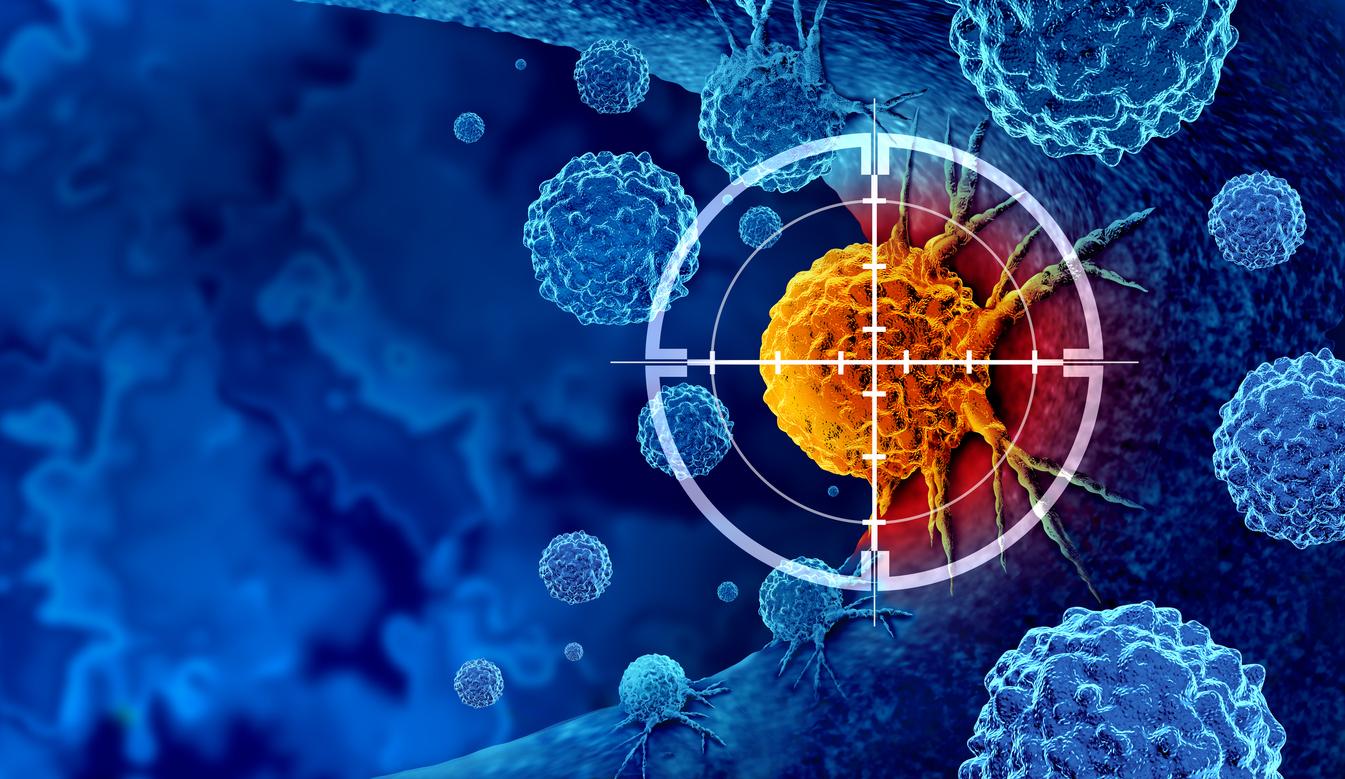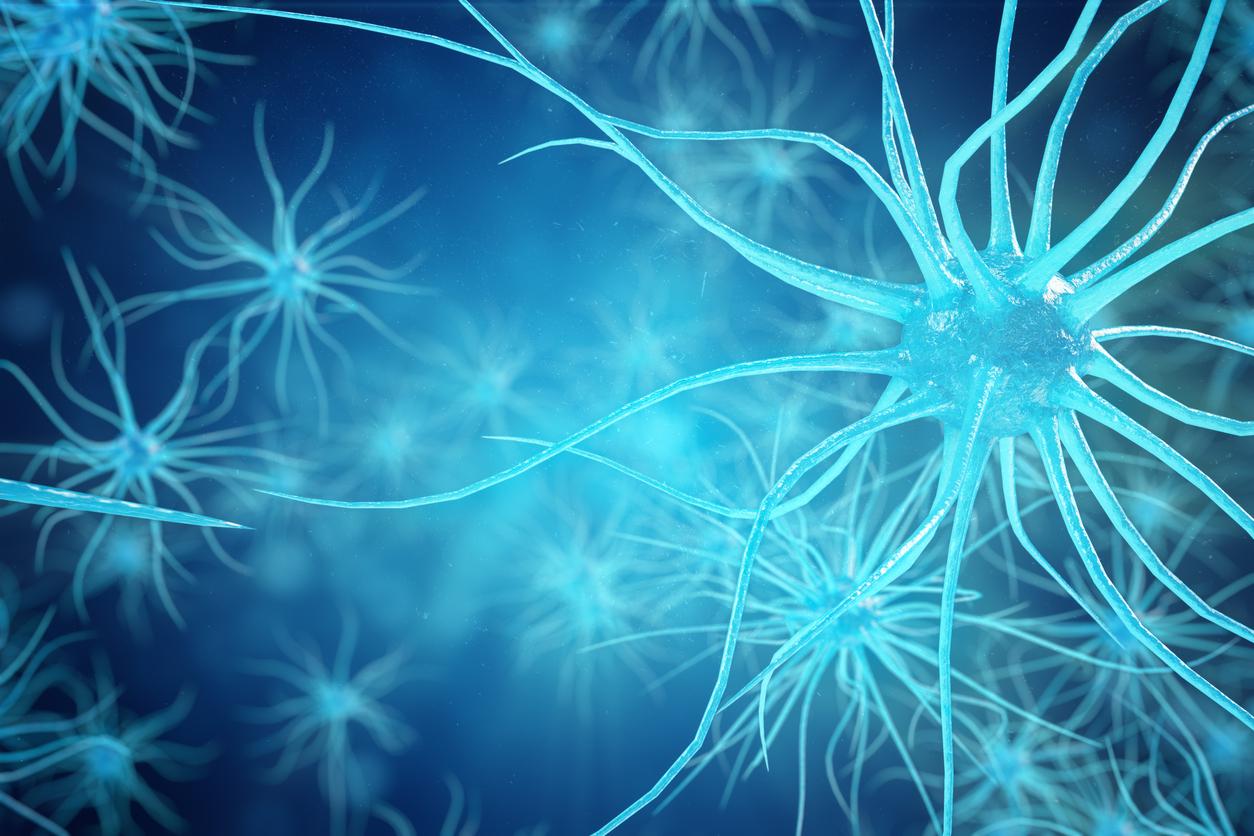In order to move around the body, the AIDS virus uses a receptor called DC-SIGN, which is found on the surface of certain cells of the immune system. Researchers at the Jean-Pierre Ebel Institute of Structural Biology therefore worked on a way to block this receptor and thus prevent the virus from spreading.
The studies finally paid off: a new molecule would have the capacity to saturate the receptor, like a key locks a lock and block the passage of the virus to the lymphocytes and thus prevent their infection. This miracle molecule is also very well tolerated by the human organism and can act for quite a long time. In addition, since DC-SIGN is used by other diseases to hijack the immune system, the new molecule could also be useful in preventing the spread of the virus in cases of hepatitis C, dengue and tuberculosis.


















